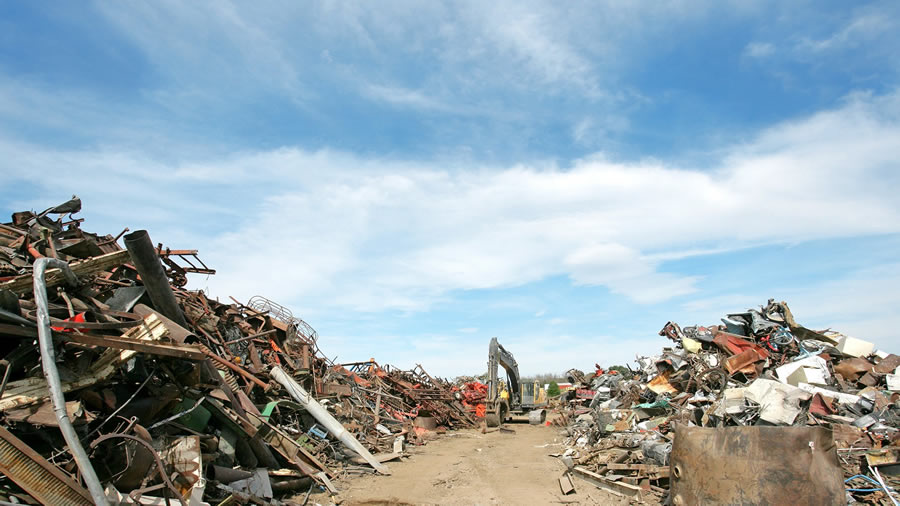

AUG 04, 2024
What happens to old cars, broken appliances, and soda cans after they are abandoned? You might be amazed to learn that scrap metal recycling can turn them into valuable environmental solutions, reducing waste while conserving natural resources. RCM Recycling explores this transformation and its significance for sustainability.
Scrap metal recycling collects, processes, and reuses metal waste, such as aluminum cans, to steel beams for reuse instead of sending it directly into landfills. A scrap metal buyer collects this metal before taking it directly to a recycling company with the expertise and equipment necessary for sorting, cleaning, and melting it to create usable new materials that may later be put back in circulation as new goods.
Recycling saves energy. Metal recycling uses significantly less energy to process than mining new metal, with aluminum recycling saving 95% of the energy required to make new aluminum from raw materials.
Scrap metal recycling begins when a scrap metal buyer collects metal from various sources - including old cars, appliances, construction debris, and small items like soda cans - before transporting it to an established recycling company and going through its various processes.
The collected metal is then separated based on type and quality—aluminum, steel, copper, and brass are categorized separately to reflect the processing needs for each metal type.
Once metals have been properly sorted, they are cleaned before shredding into smaller pieces to increase the efficiency of the melting process. Shredded metal then undergoes melting processes in large furnaces at different temperatures depending on each metal's composition to preserve purity and ensure quality results.
Impurities must be purified using electrolysis or chemical processes before pouring into molds to form ingots or sheets for transport and subsequent processing into new products.
Scrap metal recycling can have an immense positive effect on our planet. Recycling metals instead of mining for new raw materials - which often involves deforestation and soil pollution - helps mitigate such effects by providing sustainable sources of metal.
Recycling metal helps lower greenhouse gas emissions. Mining and refining new metals produce significant carbon dioxide emissions into the atmosphere; recycling metal reduces these emissions significantly, contributing to climate change mitigation efforts.
Scrap metal recycling offers both environmental and economic advantages. The industry creates jobs ranging from collecting scrap metal for recycling plants to sorting operations at various recycling plants - remembering its supporting sectors such as construction or manufacturing that rely on recycled metals as raw material sources.
Recycling metal can also be cost-efficient. It is often cheaper than producing new metal from raw materials, and the savings are passed directly onto consumers via lower prices for goods made of recycled metals.
Everyone can support scrap metal recycling. Start by sorting metal items separately from regular trash and taking your scrap to one of your community programs or companies for collection and processing. Ensure everyone in your circle understands why recycling should occur - educate others about its advantages while encouraging yourself and your family to recycle!
Scrap metal recycling can be essential in our fight to preserve natural resources and the planet by turning unwanted objects into valuable new materials that reduce waste, save energy costs, and help create a healthier planet. So next time you come across an abandoned car or pile of metal trash, remember its potential and how recycling could make an enormously positive difference to its future lifecycle.